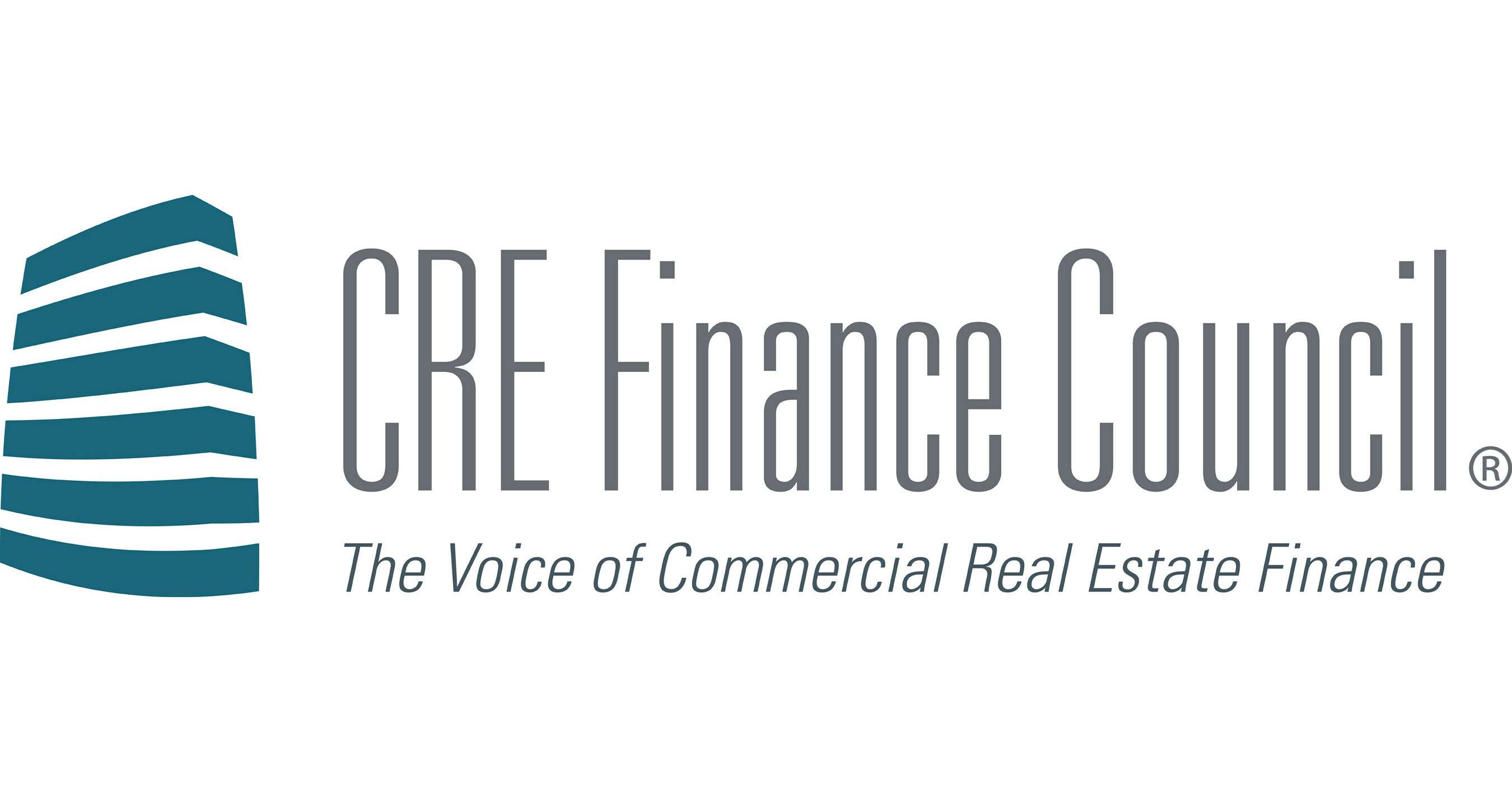R
esidential real estate investors have been active buyers despite rising market prices over the past few years. However, a recent report from CoreLogic shows that investor buying activity slowed down during the summer months. This is in contrast to Redfin's data, which found an increase in investor activity.
CoreLogic observed that investors made up 29.8% of residential real estate purchase activity at the start of the year, but this number dropped to 23.4% in June, the lowest seen in two years. Despite this decline, investors still accounted for a significant share of purchases, with 80,000 transactions in June compared to 112,000 in June 2023.
The downturn may be seasonal or due to investors waiting for interest rates to drop before buying. With mortgage rates hitting lows not seen in two years, investor activity may return to the market. Investors are most active in cities like Atlanta, Dallas, and Houston, where they purchase a significant share of homes.
Small investors with fewer than 10 properties make up around 18% of the market, while large institutional landlords account for a smaller share. The top spots for both investor and non-investor purchases are the fast-growing Texas towns of Dallas and Houston, followed by Atlanta, Phoenix, and Los Angeles.
While this data suggests a temporary pause in investor activity, it's unlikely to reflect a permanent behavior shift. Investors buy properties to hold them and earn income, and with ongoing price increases for existing homes, the pool of renters will likely remain substantial. The Sunbelt remains a top spot for investors, with cities like Miami, Tampa, and Austin offering attractive prices, population growth, and household income.
Investors may face increased competition if mortgage rates cause buyers to flood into these markets. However, there are alternative ways to tap into the power of real estate without being a landlord, such as investing in private credit or fractional real estate investment opportunities.














